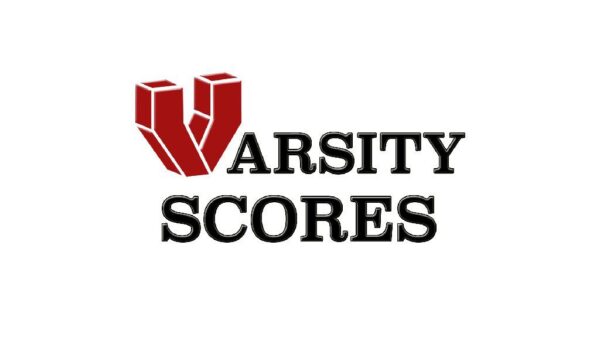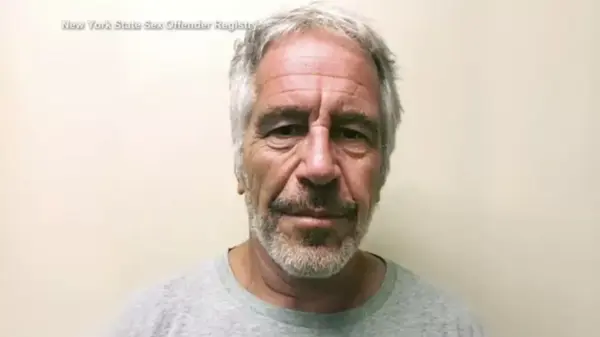A long-standing family dispute has reached a critical point as a mother with worsening dementia has been admitted to a nursing home, igniting tensions between her estranged daughters, Tricia and Tanya. The family dynamic has been strained for over 25 years, with Tanya and Tricia not speaking to each other during this period. Adding to the complexity, Tanya has been estranged from their mother for almost as long.
Family Dynamics in Crisis
The letter writer, known as Torn and Troubled, has been caring for her mother-in-law for the past five years, a role she has undertaken without assistance from other family members. Following the admission of her mother-in-law into the nursing home, Torn and Troubled suggested that Tricia reach out to Tanya to mend their relationship. However, Tricia declined this suggestion, leaving Torn and Troubled feeling conflicted about how to proceed.
Tanya remains unaware of her mother’s new living arrangements. Concerned about Tanya’s emotional well-being, Torn and Troubled fears that Tanya would be devastated to learn of her mother’s condition too late. Compounding the situation, Tricia has begun clearing out their mother’s belongings, indicating an impending finality to the situation.
Ethical Considerations Surrounding Family Secrets
In a response to Torn and Troubled, advice columnist Annie Lane emphasized that keeping Tanya in the dark serves only to punish her rather than protect her. “Whatever the history, she deserves to know her mother’s condition and to decide for herself what to do,” Annie stated. She suggested that Torn and Troubled communicate the facts directly to Tanya, advising a simple message: “Your mother is now in a nursing home with dementia. I thought you should know.”
This situation raises important questions about the ethics of family communication, especially in times of crisis. It underscores the need for transparency and the potential consequences of maintaining silence in familial relationships. As families navigate complex dynamics, the well-being of all members, especially in light of serious health issues, should be prioritized.
Ultimately, Torn and Troubled must weigh the potential emotional fallout against the moral obligation to inform Tanya about her mother’s current state. The decision to intervene or respect the silence may significantly impact the family’s future interactions and relationships.
For more personal advice columns from Annie Lane, readers can visit her official Instagram at @dearannieofficial or find additional insights at http://www.creatorspublishing.com.



































































